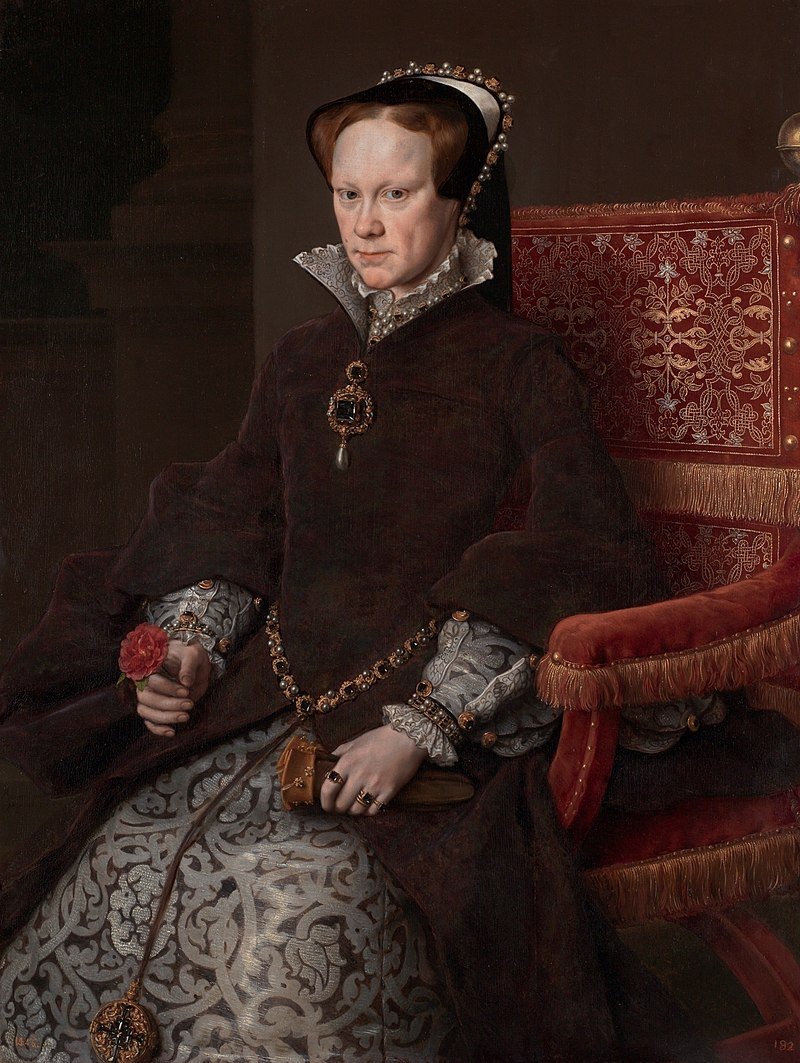The Elizabethan era commenced on November 17, 1558, marking a pivotal moment in English history. This period, which lasted until 1603, was named after Queen Elizabeth I, who ascended to the throne following the death of her half-sister, Queen Mary I.
The Succession of Elizabeth I
Queen Mary I, also known as “Bloody Mary” due to her harsh religious policies, was a devout Catholic. Her reign was marked by the persecution of Protestants and a return to Catholicism as the state religion. However, her reign was short-lived, as she passed away on November 17, 1558.
Elizabeth I, the daughter of King Henry VIII and his second wife, Anne Boleyn, succeeded Mary I. Elizabeth’s religious beliefs differed from those of her sister, as she was a Protestant. Her ascent to the throne brought about a significant shift in English politics and culture, leading to the beginning of the Elizabethan era.
The Impact of the Elizabethan Era
The Elizabethan era is widely regarded as a golden age in English history. It was a time of great progress in literature, exploration, and the arts. Some of the most renowned works of English literature were produced during this period, with William Shakespeare being the most prominent figure.
Shakespeare, often referred to as the greatest playwright in the English language, wrote plays that continue to be performed and studied today. His works, such as “Romeo and Juliet,” “Hamlet,” and “Macbeth,” captured the essence of the human condition and explored themes that are still relevant.
Furthermore, the Elizabethan era saw a significant expansion of English influence overseas through exploration and colonization. Explorers like Sir Francis Drake and Sir Walter Raleigh undertook voyages that expanded England’s reach and laid the foundation for the British Empire.
The Strengthening of the English Navy
During the Elizabethan era, the English Navy became a formidable force. Queen Elizabeth I recognized the importance of a strong navy to protect England’s interests and maintain its status as a global power.
One of the most notable events during this period was the defeat of the Spanish Armada in 1588. The Spanish Armada, a fleet sent by King Philip II of Spain to invade England, was successfully repelled by the English Navy under the command of Sir Francis Drake and Lord Charles Howard.
This victory not only secured England’s sovereignty but also established its naval dominance. It marked a turning point in European history and solidified England’s position as a major maritime power.
The Legacy of the Elizabethan Era
The Elizabethan era left a lasting impact on English culture and society. It was a time of innovation, exploration, and artistic achievement. The flourishing of the arts, particularly in literature and theater, set the stage for future developments in English literature.
Moreover, the Elizabethan era witnessed the rise of a distinct national identity. England’s achievements in exploration, trade, and naval power contributed to a sense of pride and patriotism among its people.
Today, the legacy of the Elizabethan era can still be seen in the numerous historical sites and buildings that have been preserved. The architecture of the period, such as the famous Globe Theatre in London, serves as a reminder of the rich cultural heritage of this remarkable era in English history.
Conclusion
The beginning of the Elizabethan era in 1558 marked a turning point in English history. Queen Elizabeth I’s reign brought about significant changes in politics, culture, and the arts. This period is renowned for its literary achievements, exploration, and the strengthening of the English Navy. The legacy of the Elizabethan era can still be felt today, making it a truly remarkable chapter in English history.
SEO Excerpt:
The Elizabethan era began on November 17, 1558, with the ascension of Queen Elizabeth I to the throne. This period witnessed a significant shift in English politics and culture, leading to the flourishing of the arts, exploration, and the Protestant Reformation in England. The Elizabethan era is renowned for its literary achievements, most notably the works of William Shakespeare, and the strengthening of the English Navy. Learn more about this remarkable period in English history.

